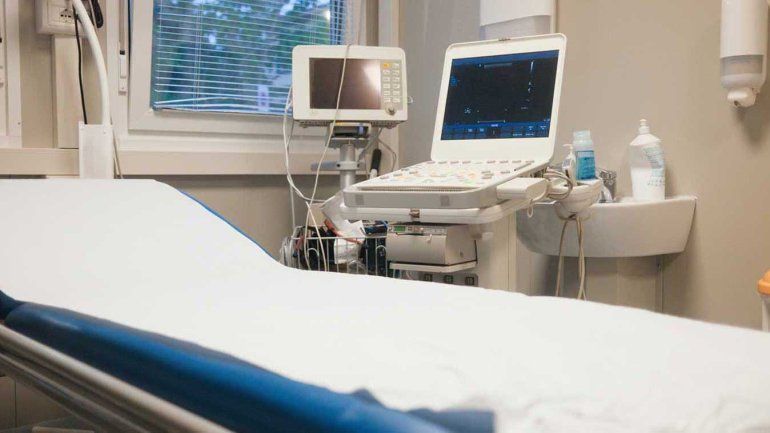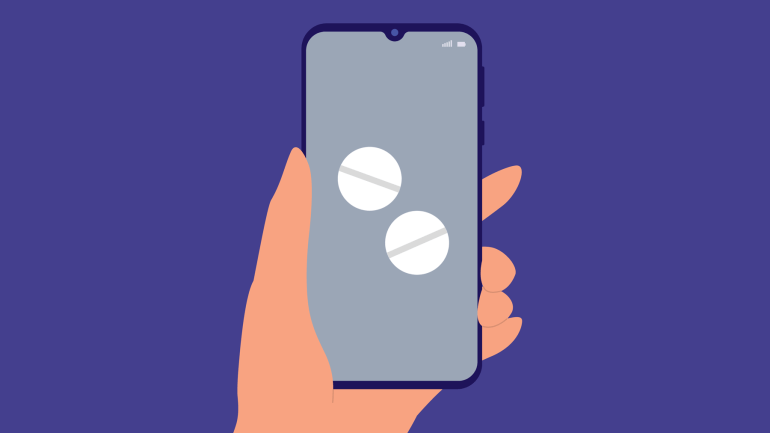Mifepristone is approved by the Food and Drug Administration (FDA) to end pregnancy up to 10 weeks. In recent years, the FDA has loosened restrictions to allow patients to be assessed via telehealth without an ultrasound, and get their medication through the mail. Researchers at UC San Francisco’s Advancing New Standards in Reproductive Health (ANSIRH) have examined these issues and found that the FDA’s regulations are both safe and effective.
Explore the latest news below.

The U.S. Supreme Court Weighs Mifepristone for Abortion Care
The ruling could roll back clinicians’ ability to prescribe medication as part of telehealth services.

New Study Shows Medication Abortion Without Ultrasound To Be Safe
Ultrasound is not necessary for medication abortion, and patients do equally well whether they are seen in person or via telehealth, and whether they receive their medication in person or through a mail order pharmacy.

Sending Abortion Pills Through the Mail is Timely and Effective
A study examines delivery method as the U.S. Supreme Court considers a case that could end mail-order dispensing.

Telehealth is as Safe as a Visit to the Clinic for Abortion Pills
A large national study found that video visits, texting and mailing pills are all effective, as the U.S. Supreme Court considers limiting access to telemedicine abortion.

Research Can Help to Protect Access to Abortion, Biden Secretary Says
At the start of 2024, United States Secretary of Health and Human Services Xavier Becerra met with researchers leading UCSF’s Advancing New Standards in Reproductive Health program to learn about their work.

Diana Greene Foster Named to Most Influential Researchers List
Her groundbreaking Turnaway Study on abortion became essential reading after the supreme Court struck down Roe v. Wade

Model Shows Where Women Lost Access to Abortion After Dobbs
Research from 2022 found that the share of U.S. women who needed to travel an hour or more to get care doubled.


